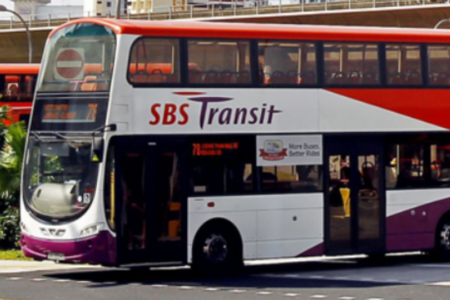Singapore Airlines Limited (SGX: C6L), or SIA, announced that it would conduct a massive rights issue to strengthen its balance sheet and provide it with enough liquidity to see it through the Covid-19 pandemic.
Earlier this week, SIA announced that it will be cutting 96% of its capacity originally scheduled up till end-April, effectively grounding almost its entire fleet.
It was unclear when normal services would resume.
As SIA faced its greatest crisis since its founding, our conclusion was that Temasek may step in to rescue the airline.
Within four days, that has come true.
However, after looking through the salient terms of the rights issue, we conclude that SIA still does not qualify as a “buy”.
Massive dilution
The fund-raising exercise consists of two distinct parts
- A renounceable rights issue of 3-for-2 at S$3.00 per rights share
- The issuance of mandatory convertible bonds (MCB) at S$1.00 a piece at a ratio of 295 MCB for every 100 shares owned.
Gross proceeds from the renounceable rights issue will be approximately S$5.3 billion, while the MCB will raise gross proceeds of around S$3.5 billion.
Investors should note that this whole exercise will be severely dilutive to earnings per share.
SIA’s current issued share capital is around 1.2 billion shares.
The rights issue will increase its share count by 1.8 billion shares to a total of 3 billion shares. That’s the first part.
The second part involves the MCB. Assuming full conversion of the MCB at an initial conversion price of S$4.84 (10% above the theoretical ex-rights price), an additional 723 million shares will be issued.
In sum, SIA could end up with around 3.7 billion issued shares, or around three times its current issued share capital of 1.2 billion shares.
Further cash calls likely
Let us take an example of an existing shareholder who owns 1,000 shares at the last traded share price of S$6.50, where the stock was before the trading halt
The shareholder would have S$6,500 in SIA shares.
Assuming that shareholder takes up the full allocation of rights shares and MCB, he or she will be coughing up cash of S$4,500 for the rights (1,500 rights shares at S$3.00 per share) and S$2,950 for the MCB (2,950 MCB issued at S$1.00 each).
The amount paid for the rights issue and MCB would work out to a total of S$7,450 or around 1.15 times of his original investment of S$6,500.
Simply put, the shareholder has to pay up more than the value of his SIA shareholding just to avoid getting diluted.
And if that wasn’t bad enough, this is only the first announced tranche for the MCB. The plan is to issue another S$6.2 billion over subsequent months through the issuance of even more MCB.
As such, it is highly probable that shareholders will be asked to cough up even more money if the Covid-19 situation persists.
Poor economics for the industry
The upcoming cash call will help SIA to alleviate cost pressures and tide over this current crisis.
However, this does not change the fact that the airline exists in an industry that is heavily regulated and requires high capital intensity.
Furthermore, as fuel makes up a large component of SIA’s cost structure, it is also held hostage by the price of this commodity.
Unless the industry undergoes a radical change post-Covid-19, I struggle to find attractive reasons for owning SIA.
Get Smart: The airline has survived but at a huge cost
SIA has proven that it is indeed an important pillar of Singapore’s economy.
The Government has reiterated this during yesterday’s Resilience Budget announcement, while Temasek has also stepped in to pledge its support for the rights issue.
It is heartening to know that SIA’s survival is assured, but the rescue will come at a very steep price for its investors.
They will need to cough up a significant amount of cash to support the airline, at a time when many investors may be suffering from job woes arising from this downturn.
FREE special report: The Bear Market Survival Guide. If you’d like to learn how to survive this bear market, CLICK HERE to download our special free report.
Get more stock updates on our Facebook page or Telegram. Click here to like and follow us on Facebook and here for our Telegram group.
Disclaimer: Royston Yang does not own shares in any of the companies mentioned.




